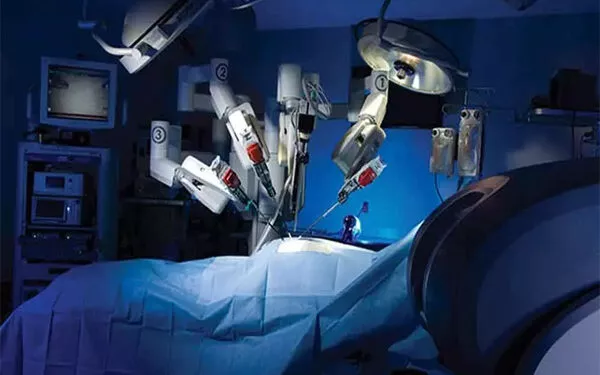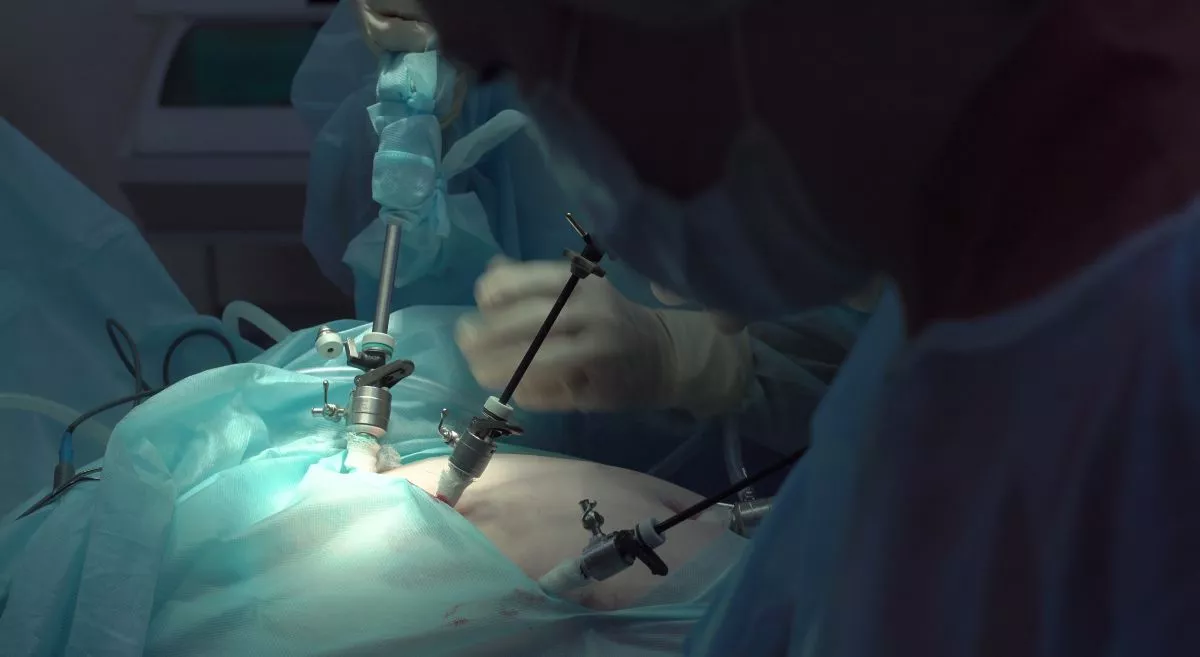Advancements in technology have made a significant impact on various fields, and healthcare is no exception. Robotic surgery has emerged as a revolutionary technique, offering numerous benefits over traditional procedures. One area where this technology has made tremendous strides is in kidney transplantation. In this blog, we will explore the remarkable world of robotic kidney transplants, highlighting their advantages, challenges, and the potential they hold for the future of healthcare.
The Rise of Robotic Surgery
Robotic surgery combines the precision of robotics with the expertise of human surgeons, creating a powerful synergy that enhances surgical outcomes. Traditional kidney transplant surgeries require a large incision and extensive manual intervention, resulting in longer recovery times and increased risks for the patient. Robotic surgery, on the other hand, offers a minimally invasive approach, utilizing small incisions and tiny robotic arms controlled by the surgeon.
Advantages of Robotic Kidney Transplant
Enhanced Precision: Robotic systems provide surgeons with enhanced dexterity and precise control over surgical instruments. This level of precision allows for meticulous dissection, suturing, and reconstruction during the transplant procedure, leading to improved surgical outcomes.
Minimally Invasive Approach: Robotic kidney transplants involve smaller incisions compared to traditional surgeries. This minimally invasive approach results in reduced pain, faster healing, shorter hospital stays, and fewer post-operative complications. Patients can experience quicker recoveries and return to their daily activities sooner.
Reduced Blood Loss and Scarring: The robotic system's advanced imaging capabilities and precise movements minimize blood loss during surgery. Additionally, the smaller incisions lead to minimal scarring, enhancing the cosmetic outcome for patients.
Reduced Infection Rates: By utilizing smaller incisions and minimizing tissue trauma, robotic kidney transplants reduce the risk of infection. This is particularly important for patients who may already have compromised immune systems.
Shorter Waiting Times: Robotic surgery enables surgeons to perform procedures more efficiently, potentially reducing the waiting time for kidney transplants. The enhanced precision and shorter recovery period mean that more patients can benefit from this life-saving procedure.
Challenges and Considerations
While robotic kidney transplants offer numerous advantages, there are still some challenges that need to be addressed:
Cost: Robotic systems are expensive, and the initial investment can be a significant barrier for many healthcare facilities. However, as the technology evolves and becomes more widely adopted, the cost is expected to decrease.
Surgeon Training: Performing robotic surgeries requires specialized training for surgeons. They need to become proficient in operating the robotic systems and interpreting the high-definition imaging provided by the technology. Continuous training programs are crucial to ensure successful outcomes.
Availability and Accessibility: Robotic surgery is not universally available in all healthcare settings. The infrastructure, equipment, and expertise required for robotic kidney transplants may be limited to larger medical centers, making it inaccessible to patients in remote areas.
The Future Outlook
Robotic kidney transplants hold tremendous promise for the future of healthcare. As technology advances and costs decrease, the accessibility of robotic systems is expected to increase. This will enable more patients to benefit from the advantages offered by this minimally invasive procedure.
Furthermore, ongoing research and development aim to improve robotic systems by incorporating artificial intelligence and machine learning algorithms. These advancements could enhance surgical precision, reduce surgery times, and improve patient outcomes even further.
Conclusion
Robotic kidney transplants have revolutionized the field of transplantation surgery, providing patients with a minimally invasive option that offers enhanced precision and faster recovery times. While challenges remain, the future looks promising as robotic surgery becomes more accessible and refined. As the technology continues to evolve, it has the potential to transform healthcare and improve the lives of countless individuals in need of life-saving kidney transplants










